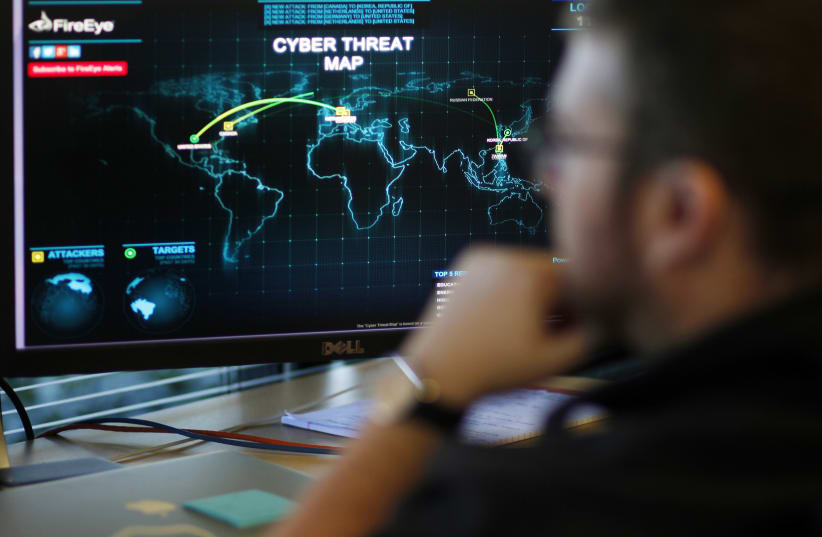According to its website, SIGA's technology is unique in that it monitors the "hardware" of a system rather than its software. The technology uses advanced electrical engineering and machine learning in order to "learn" a system's normal electric patterns, and then warn when it detects an anomaly, whether due to misuse, malfunctioning, or cyberattacks. This allows for the detection of threats at a very early stage and can give a system operator enough of a warning in order to solve the problem before significant harm has been perpetrated.
"Israel’s water system came under major attacks last year by what foreign intelligence sources described as an attempt by Iran to disrupt the country’s critical infrastructure. The apparent goal of the attacks was to raise the level of chlorine in the water supply. These attacks highlighted the vulnerability of global water infrastructure and the necessity for independent and reliable monitoring solutions," a press release from SIGA said.
"As a result, the Israel Water Authority decided to strengthen the cyber defenses of the country’s water system. Now, the authority announces the selection of Israel’s SIGA OT (Operational Technology) Solutions and its SigaGuard system to counter cyber-threats to the machinery and equipment that comprise the critical infrastructure. SigaGuard also deals with ransomware attacks on critical infrastructure, which are even a more common threat these days," the report read.
In April of 2020 Iran attempted to carry out a widespread attack on Israel's water facilities, and succeeded in affecting some of them.
In addition, The Jerusalem Post reported in February of this year that then Energy and Water Minister Yuval Steinitz said that Israel was unable to cope sufficiently with cyberattacks. The hiring of SIGA will promise that it will remain defended for the foreseeable future.
